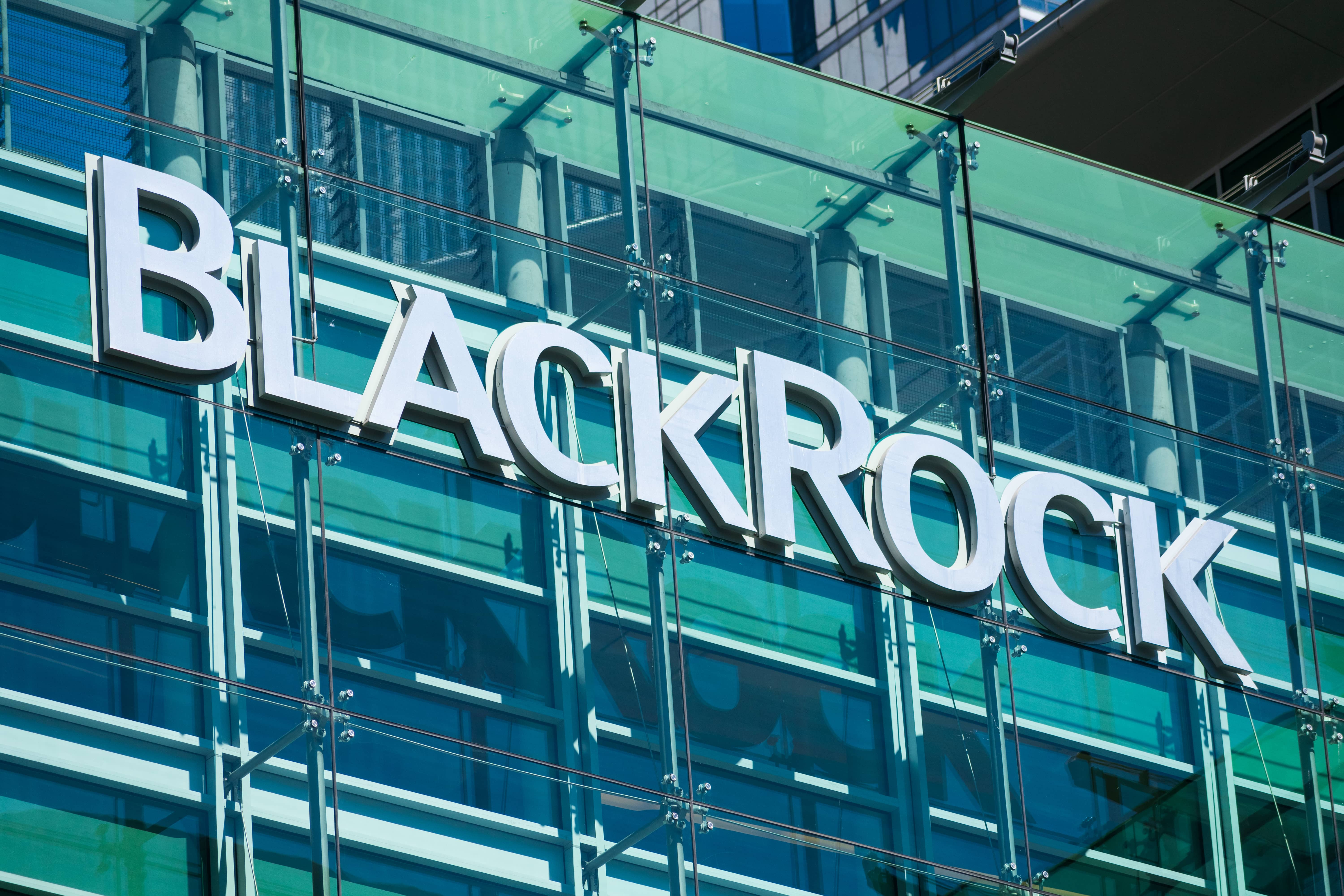Russia’s invasion of Ukraine has secured its economic isolation and exacerbated the strains on international connectedness started by the COVID-19 pandemic, BlackRock chairman and CEO Larry Fink has warned in his annual letter to shareholders.
The CEO of the world’s largest asset manager said Russia’s “brutal” attack on Ukraine “upended the world order that has been in place since the end of the Cold War” and will have far-reaching consequences that will “reverberate for decades”.
Invoking the spirit of Francis Fukuyama’s 1992 bestseller The End of History and the Last Man, Fink described how Russia was brought into the fold of global financial markets as the Soviet Union dissolved, resulting in a “peace dividend and the expansion of globalisation” amid expanded international trade, global capital markets, economic growth and poverty reduction.
However, Fink argued: “The Russian invasion of Ukraine has put an end to the globalisation we have experienced over the last three decades.
“We had already seen connectivity between nations, companies and even people strained by two years of the pandemic. It has left many communities and people feeling isolated and looking inward. I believe this has exacerbated the polarisation and extremist behaviour we are seeing across society today.”
Fink said the response to the invasion of Ukraine has been an international “economic war” against Russia, with governments barring its central bank from deploying its hard currency reserves while private markets have severed long-standing business and investment ties with the country.
He continued: “These actions taken by the private sector demonstrate the power of the capital markets: how the markets can provide capital to those who constructively work within the system and how quickly they can deny it to those who operate outside of it.
“Russia has been essentially cut off from global capital markets, demonstrating the commitment of major companies to operate consistent with core values.”
An economic iron curtain
The immediate impact of this isolation has seen Russian securities removed from investment products across private markets including ETFs provided by issuers which have been fully suspended after exchanges closed trading last month, a move supported by BlackRock.
Fink also predicted a range of more macroeconomic impacts. For instance, he expects the decoupling of Russia from the global economy will continue to prompt companies and governments to “re-evaluate their dependencies and re-analyse their manufacturing and assembly footprints” – a reshoring process that had already started during the pandemic.
“This decoupling will inevitably create challenges for companies, including higher costs and margin pressures,” he argued.
“While companies’ and consumers’ balance sheets are strong today, giving them more of a cushion to weather these difficulties, a large-scale reorientation of supply chains will inherently be inflationary.”
Speaking on inflation – which has already hit a forty-year-high in the US – Fink pointed to strains such as rising energy bills and Europe’s dependence on Russian gas and oil, and rising food costs in light of Russia and Ukraine constituting almost a third of global wheat supply.
One positive of this fall-out, Fink suggested, could be an acceleration of ‘net-zero’ efforts, with energy security becoming a key priority as countries look to reduce their exposure to Russian fossil fuels. However, he warned the path to green energy will involve the use of alternatives, light brown and light green energies.
“In response to the energy shock caused by the war in Ukraine, many countries are looking for new sources of energy. In the US much of the focus is on increasing oil and gas supply, and in Europe and Asia, coal consumption may increase over the next year. This will inevitably slow the world’s progress toward net-zero in the near term.
“Longer-term, I believe that recent events will actually accelerate the shift toward greener sources of energy in many parts of the world.
“We have already seen European policymakers promoting investment in renewables as an important component of energy security. Germany, for example, plans to accelerate its use of renewable energy and reach 100% clean power by 2035, 15 years ahead of its previous pre-war target. More than ever, countries that do not have their own energy sources will need to fund and develop them – which for many will mean investing in wind and solar power.”
He continued, saying higher prices will also “meaningfully reduce” the green premium for clean and renewable technologies – but warned the burden of energy prices on the most vulnerable people means we cannot have a fair energy transition if prices remain at current levels.
Fink concluded by stating the war could prompt countries to re-evaluate their currency dependencies – which could perhaps accelerate the use of digital currencies.
“Even before the war, several governments were looking to play a more active role in digital currencies and define the regulatory frameworks under which they operate.
“A global digital payment system, thoughtfully designed, can enhance the settlement of international transactions while reducing the risk of money laundering and corruption. Digital currencies can also help bring down costs of cross-border payments, for example when expatriate workers send earnings back to their families.”
Interestingly, BlackRock is not yet involved in the cryptocurrency space, however, Fink admitted they are seeing increasing interest in the space from their clients and are currently “studying digital currencies, stablecoins and the underlying technologies to understand how they can help us serve our clients”.
Related articles



